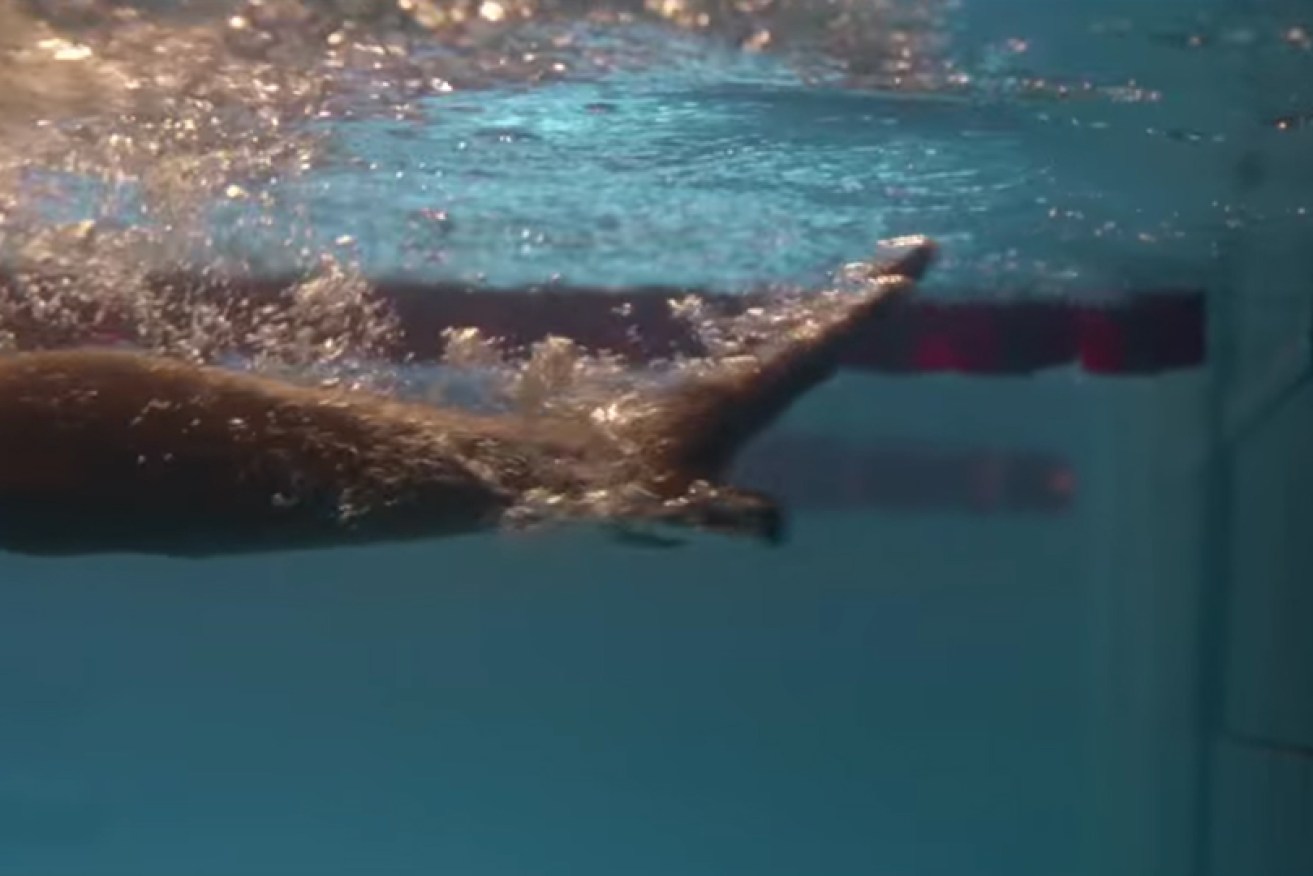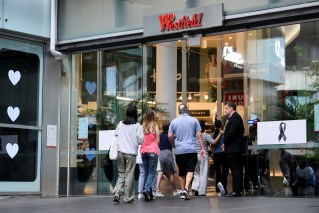Liquor industry marketing ‘better-for-you’ alcoholic products to reach millennials


Pure Blonde is one of the brands going 'healthy'.
Alcohol companies appear to be bucking declining drinking trends by marketing “better-for-you” products to appeal to younger, health-conscious Australians, according to a new report led by Curtin University.
Ready-to-drink or RTD beverages – industry-speak for alcopops and premixes – led the charge with some products labelled as ‘pure’, ‘fresh’, ‘natural’, ‘low-carb’ or ‘sugar-free’, which are promoted as healthier alternatives.
Led by the Curtin University’s McCusker Centre for Action on Alcohol and Youth, report co-author Julia Stafford told The New Daily that labels making health or nutrition claims are misleading and irresponsible.
“Alcohol companies are drawing from the food and tobacco industry playbooks. They’re using similar strategies to build the impression that their products are healthier when they’re often not genuinely healthier,” Ms Stafford said.
“It’s giving a cue to the consumer that these products are going to be less harmful to your health than other products. When, in reality, they carry all the health risks of other alcohol products.”
Published on Thursday in the journal Public Health Research & Practice, it also details how some brands are using health imagery, such as pictures of fruit or people exercising, to reposition their products for health savvy or active Australians.
In one example, a marketing executive from Carlton & United Breweries boasted that its Pure Blonde advertisements looked more like a Nike ad than a beer ad, according to reports.
Released in 2017, “The Final Stretch” ad shows a man reaching for a cold beer after a busy day playing sport. The statement “80% less carbs than regular beer” appears on the screen before the advertisement ends.
In another example cited by the report authors, an education campaign by beer producer Lion promotes its beer as on average “99.9% sugar free” and “preservative free”.
The “Beer the Beautiful Truth” campaign by Lion, which counts XXXX, Tooheys, Hahn and James Squire as some of its biggest brands, was first launched in 2015 to promote its labelling changes. Sugar, carbohydrate and preservative content, as well as calorie (kilojoule) information were added to beer bottle labels as part of the initiative.

Lion Beer Australia added information on sugar, carbohydrate, calorie and preservative content as part of its ‘Beer The Beautiful Truth’ campaign.
Alcohol Beverages Australia, which represents companies such as Diageo, Lion, Asahi and Pernod Ricard, told The New Daily the industry is responding to consumer demand.
“Australia’s alcohol consumption is on the right track; binge drinking is falling, underage drinking is falling, and responsible drinkers are still enjoying themselves,” the company’s executive director Fergus Taylor said.
“Australians understand that sensible drinking can be part of a balanced lifestyle and the great new low carb, low sugar and lower alcohol products that are emerging are simply a reflection of consumer demand.”
Some studies have shown that people exposed to ‘low fat’ or ‘low alcohol’ labels may perceive these products as healthier.
However, a 2017 review of 26 studies, led by University of Cambridge, found that the quality of evidence proving any link between low alcohol labelling and its effect on people’s purchasing or drinking decisions was scarce, and flimsy at best.
Ms Stafford and co-authors are calling for tighter regulation of alcohol marketing, including restricting health-related claims and imagery, and mandatory warning labels.
Food and drink health claims are regulated by the government’s Food Standards Australia and New Zealand (FSANZ) Code.
According to Standard 1.2.7 of the code, health claims and most nutrition content claims are not permitted on alcoholic beverages.
An exception to this is for nutrition content claims about carbohydrate, gluten or energy content.
A spokeswoman for the federal department of health told The New Daily that FSANZ has commenced work on a proposal to clarify the code in relation to sugar and other carbohydrate claims on alcoholic beverages.
“The code does not regulate claims such as ‘pure’, ‘fresh’ and ‘natural’. However, fair trading laws and food laws in Australia and New Zealand require that labels do not misinform consumers through false, misleading or deceptive representations,” the spokeswoman said.
FSANZ expects to begin public consultation on proposed changes to the code later this year.








